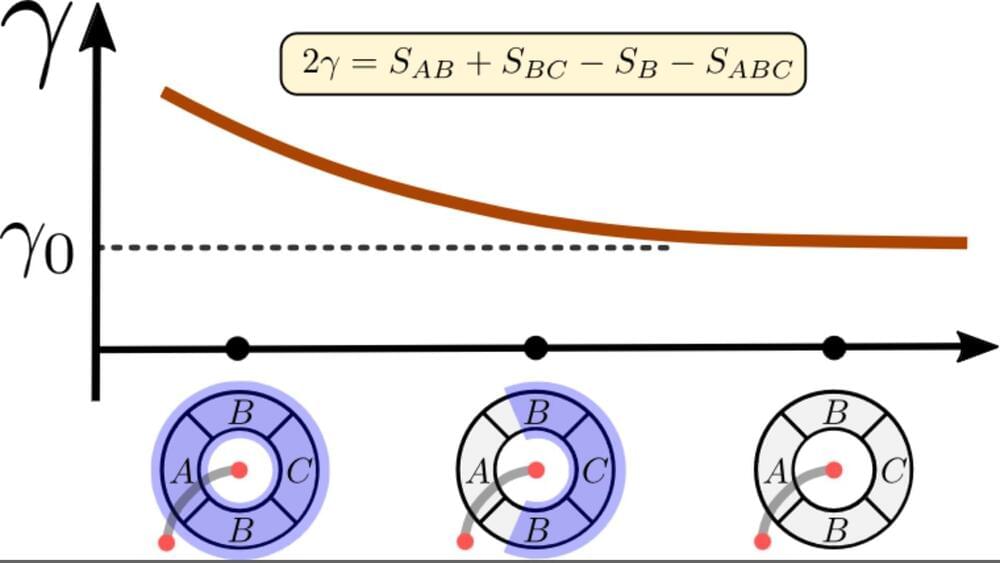Something good about AI.
Sitting down with Bill gates to see how AI can be also be used for something good!
I spend a LOT of time trying to make my videos as concise, polished and useful as possible for you — if you would like to support me on that mission then consider subscribing to the channel — you’d make my day 😁
For my tech hot takes: http://twitter.com/Mrwhosetheboss.
For my Personal Posts: http://instagram.com/mrwhosetheboss.
Does anyone still use this anymore?: https://facebook.com/mrwhosetheboss.
Amazon Affiliate links (if you buy anything through these it will support the channel and allow us to buy better gear!):






 Fyodor Urnov, PhD, is a pioneer in the field of genome editing and one of the scientists most invested in expanding the availability and utility of CRISPR-based therapies to the broadest possible population. He envisions a world in which genome editing can treat the nearly 400 million people who are suffering from one of the 7,000 diseases brought on by gene mutations.
Fyodor Urnov, PhD, is a pioneer in the field of genome editing and one of the scientists most invested in expanding the availability and utility of CRISPR-based therapies to the broadest possible population. He envisions a world in which genome editing can treat the nearly 400 million people who are suffering from one of the 7,000 diseases brought on by gene mutations.